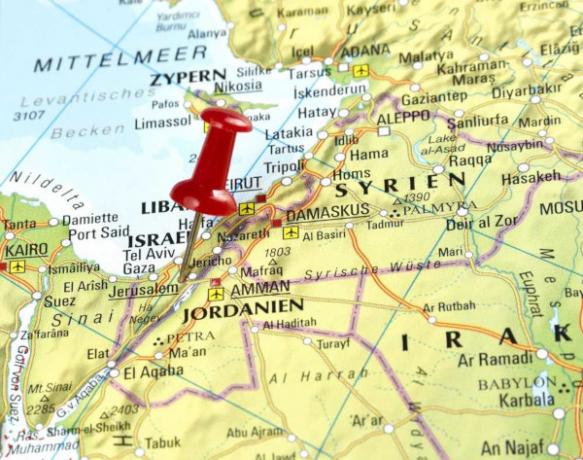It took more than four centuries to structure the European colonies in the world, counting from the period of trading posts until the second half of the 20th century.
The independence of the Asian continent was due to two causes: the weakening of European nations after World War II and the outbreak of struggles for independence.
The Asian decolonization process had US and Soviet support. This is explained by the fact that at that time the Cold War was unfolding. In this way, both wanted to expand their areas of influence of capitalism and socialism, respectively, in the countries that would emerge with independence.
Asian decolonization happened almost simultaneously with World War II. Many colonies became independent between 1945 and 1950, including: India, Pakistan, Sri Lanka, Philippines, Indonesia, Vietnam, Laos. China promoted the socialist revolution, as a result it ended the English, German and Japanese domination of its territory. In 1945, Korea ceased to submit to Japanese rule. This former Japanese colony split in 1948, forming two countries: North Korea and South Korea.
Cambodia became independent from France in 1953. Malaysia and Singapore managed to free themselves from British colonization between the years of 1957 and 1965.
The colonies where the Middle East is today were subjected to European rule for a long time. Countries like Lebanon and Syria had their independence officialized in 1943 and 1946, respectively.
The rest of the countries that make up the Middle East gained independence only after World War II. With the exception of Iran, which theoretically was never a colony of any European metropolis.
Due to many years of intense exploration by the European metropolises, the colonies became independent, however, they inherited many problems of a socioeconomic nature, which are perceived to this day current.
Do not stop now... There's more after the advertising ;)
By Eduardo de Freitas
Graduated in Geography
Brazil School Team
Asia - continents - geography - Brazil School
Would you like to reference this text in a school or academic work? Look:
FREITAS, Eduardo de. "The decolonization of Asia"; Brazil School. Available in: https://brasilescola.uol.com.br/geografia/a-descolonizacao-asia.htm. Accessed on June 27, 2021.

